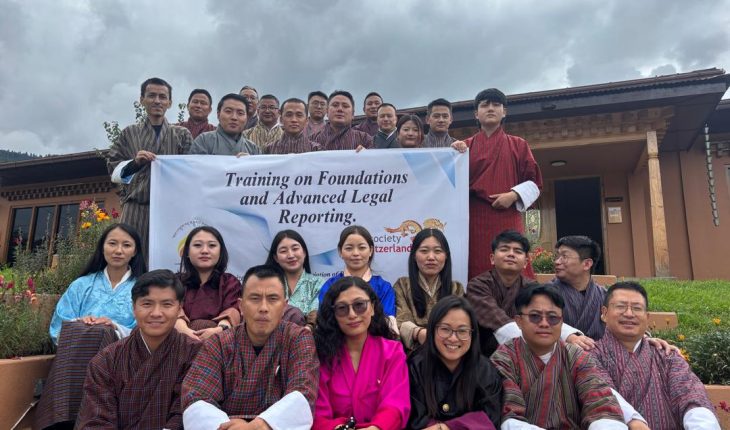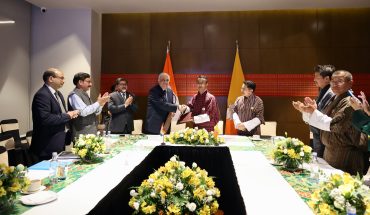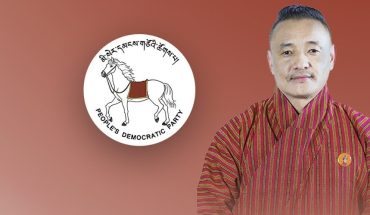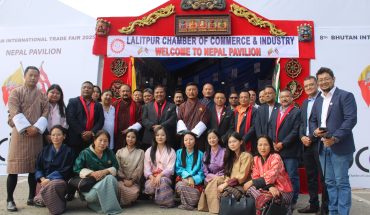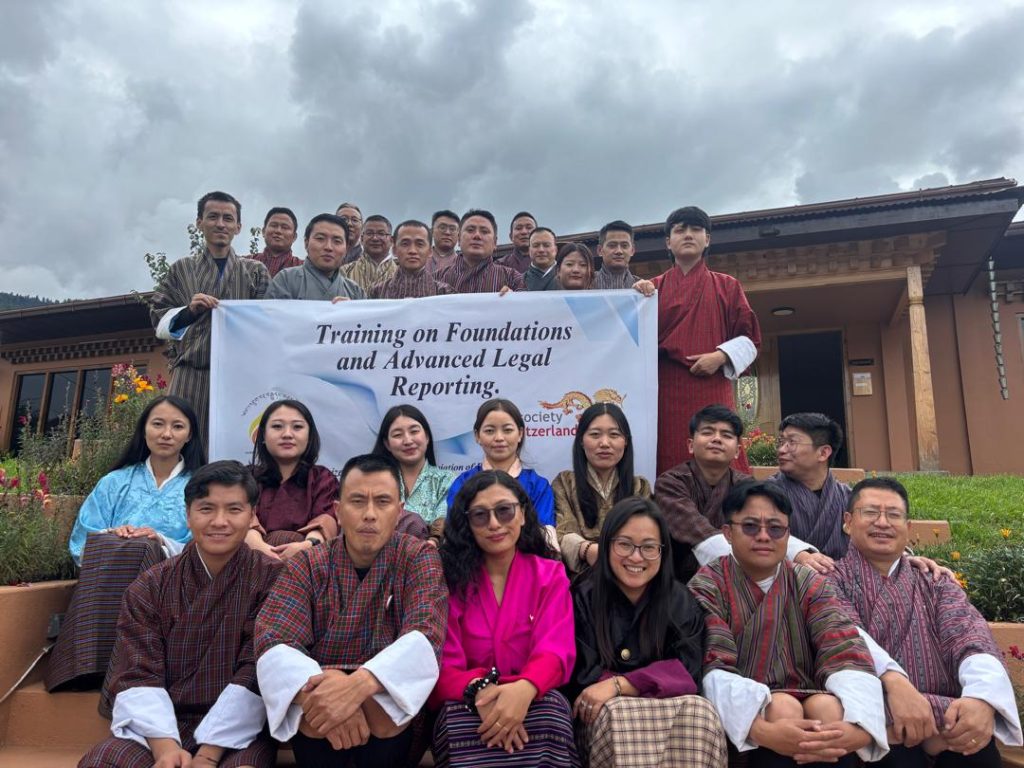
Legal experts school journalists on the pros and cons of evidence-based reporting, and otherwise
KINZANG DORJI TSHERING | Paro
Legal practitioners who spoke recently to journalists and media professionals urged careful, evidence-based reporting while warning that press freedom in practice sits on a narrow ridge between public interest and legal risk.
Lawyer Sonam Yangden Thai framed the issue in constitutional terms, reminding the audience that freedom of speech, opinion and expression — and the freedom of the press — are guaranteed under the Constitution but are not absolute.
“Your right to report ends when your words cross the line into harming another person’s reputation,” she said, stressing that the press’s duty to inform and hold power to account carries an equal obligation to verify facts and protect individuals from wrongful harm.
Sonam Yangden outlined the practical consequences of failing that duty: defamation can be pursued as both a criminal and a civil matter, and the remedies range from monetary compensation to injunctions, retractions and apologies.
She, however, warned that even a single misplaced word, a misleading headline or the unverified sharing of a social-media allegation can trigger legal action and drain resources, erode trust in the media, and inflict serious harm on individuals.
To reduce those risks, Sonam Yangden urged journalists to adopt strict verification habits: cross-check facts, gather and retain evidence, and always offer those accused a chance to respond.
Further, she highlighted core defenses available to reporters — notably truthful reporting, fair criticism, statements made in the public interest, and publication made in good faith — but emphasized these defenses must be grounded in documentary proof and careful process.
Complementing Sonam Yangden’s legal focus, Sonam Tshering, Associate Professor and Associate Dean at JSW Law College, addressed the broader systemic and ethical context in which legal reporting occurs.
Sonam Tshering warned that journalists who do not understand how the whole legal machinery operates risk misreporting.
“When you talk about the legal system, you are talking about the entire machinery — investigation, prosecution, the courts — and how each link performs affect the outcome,” he said.
Sonam Tshering urged reporters to look beyond headline courtroom moments.
He recommended attending hearings, observing procedural stages — preliminary hearings, presentation of evidence, closing submissions — and learning how judges and prosecutors operate so that reporting reflects the process rather than premature conclusions.
That courtroom literacy, he said, would reduce bias and prevent reporters from inadvertently portraying someone as guilty before due process is complete.
Both speakers sounded a common alarm about social media.
Sonam Yangden cautioned that sharing unverified online claims can have the same or greater legal repercussions as traditional publishing.
Sonam Tshering noted the particular dangers in small societies — where an injudicious post can quickly stigmatize an individual and spiral into reputational and psychological harm.
They urged media professionals to treat social posts with the same editorial rigor as formal reporting.
Headline writing also drew specific criticism.
Sonam Yangden and Sonam Tshering warned that sensational or misleading headlines can destroy reputations even when the article’s body is more measured; editors must be attentive to how a headline frames a story.
Sonam Tshering said that editorial decisions to “tone down” uncomfortable facts for fear of consequences can, over time, distort public understanding — yet he also cautioned against reckless amplification that lacks evidentiary support.
On criminal reporting, both speakers reiterated the foundational principle of presumption of innocence.
Sonam Tshering stressed the legal and ethical distinction between being presumed innocent by law and being factually innocent; journalists must report that an accused remains subject to due process until a court concludes otherwise.
Sonam Yangden added that revealing victims’ identities or publishing sensitive material that could prejudice an ongoing investigation carries serious ethical and legal risks.
Practical safeguards proposed during the sessions like independent verification, record communications, and giving subjects a fair opportunity to respond were also deliberated.
The lessons resonated strongly with participants.
Lhendup Wangmo, Reporter at Bhutan Today, reflected that the most insightful part of the workshop was the strong emphasis on the need for journalists to be meticulous in their reporting.
Legal stories, she noted, are often complex and sensitive, where even the smallest mistake can lead to serious consequences such as misrepresentation, public confusion, or legal implications.
The session, she said, underscored the importance of accuracy, fact-checking, and presenting information in a balanced and transparent manner.
According to Lhendup Wangmo, the workshop will significantly enhance her reporting by deepening her understanding of legal frameworks and strengthening her commitment to precision when covering sensitive issues.
As per her, the sessions reinforced the importance of thorough research, careful verification, and adherence to ethical standards.
With these insights, she said, she feels better prepared to report responsibly and effectively, contributing to a well-informed public while reducing the risk of misinterpretation or harm.
The speakers also called for systemic support for the media.
Sonam Yangden urged legal and policy actors to work with journalists to strike a balance between free expression and protection of reputation.
Additionally, Sonam Tshering urged institutions to open procedural experiences to journalists — for example by facilitating informed observation of court processes — so coverage becomes informed rather than impressionistic.
Finally, they addressed the psychological and professional pressures that can push reporters toward error: commercial incentives, editorial constraints, personal bias, and the speed culture of online platforms.
Sonam Tshering warned that emotional closeness to a story or to sources can create blind spots; Sonam Yangden counseled discipline and professionalism as both ethical duties and legal protections.
Their combined message was unambiguous: journalism must remain fearless and public-spirited, but fearlessness does not excuse carelessness.
Accurate, evidence-based reporting protects the public’s right to know and shields journalists and their outlets from legal and ethical peril.
As Sonam Yangden put it, “Careful, meticulous journalism is both good practice and legal protection.”

